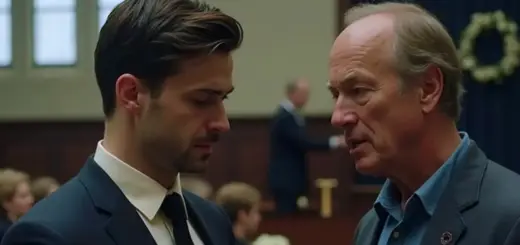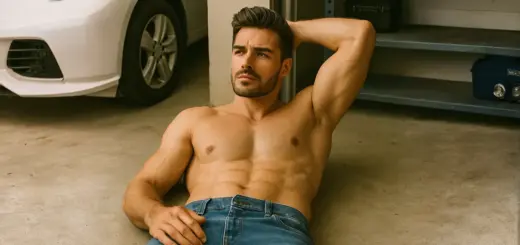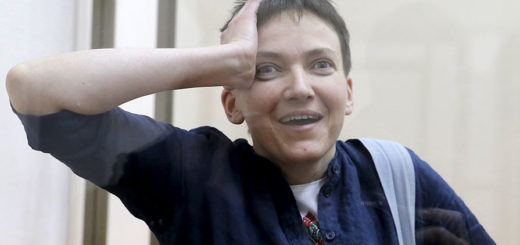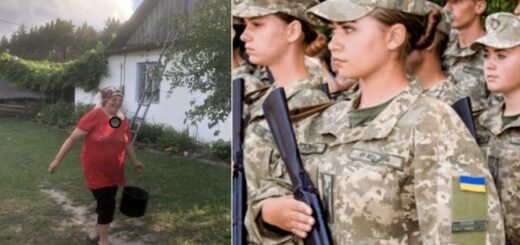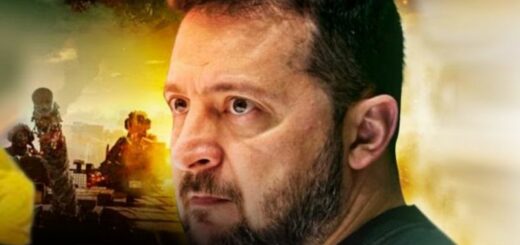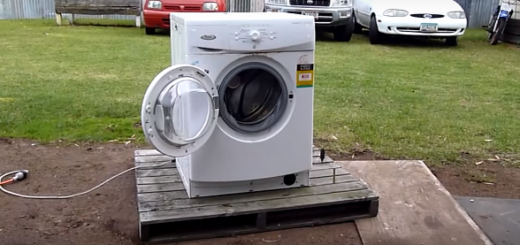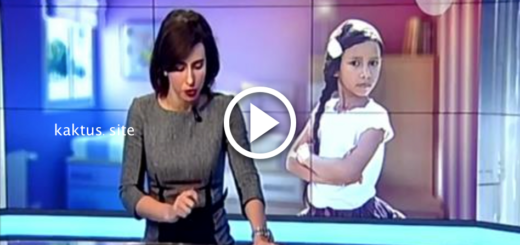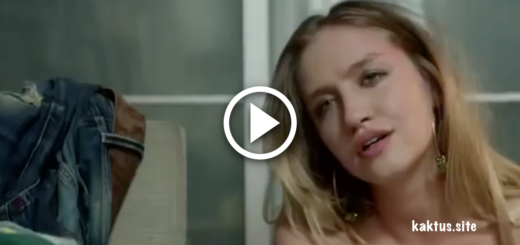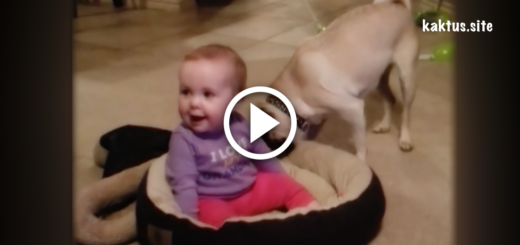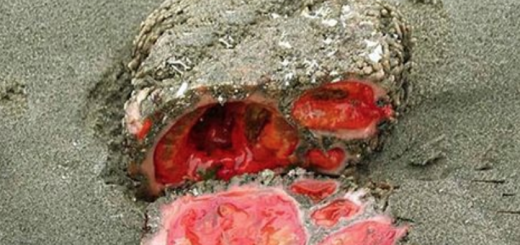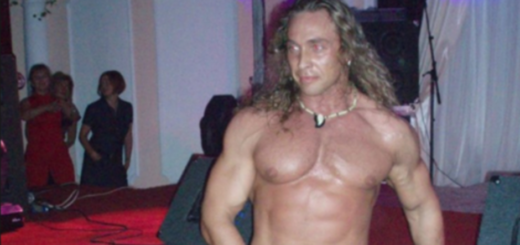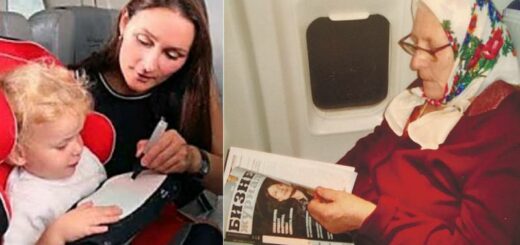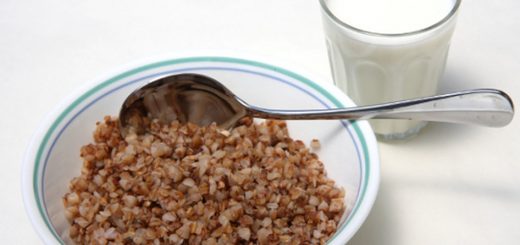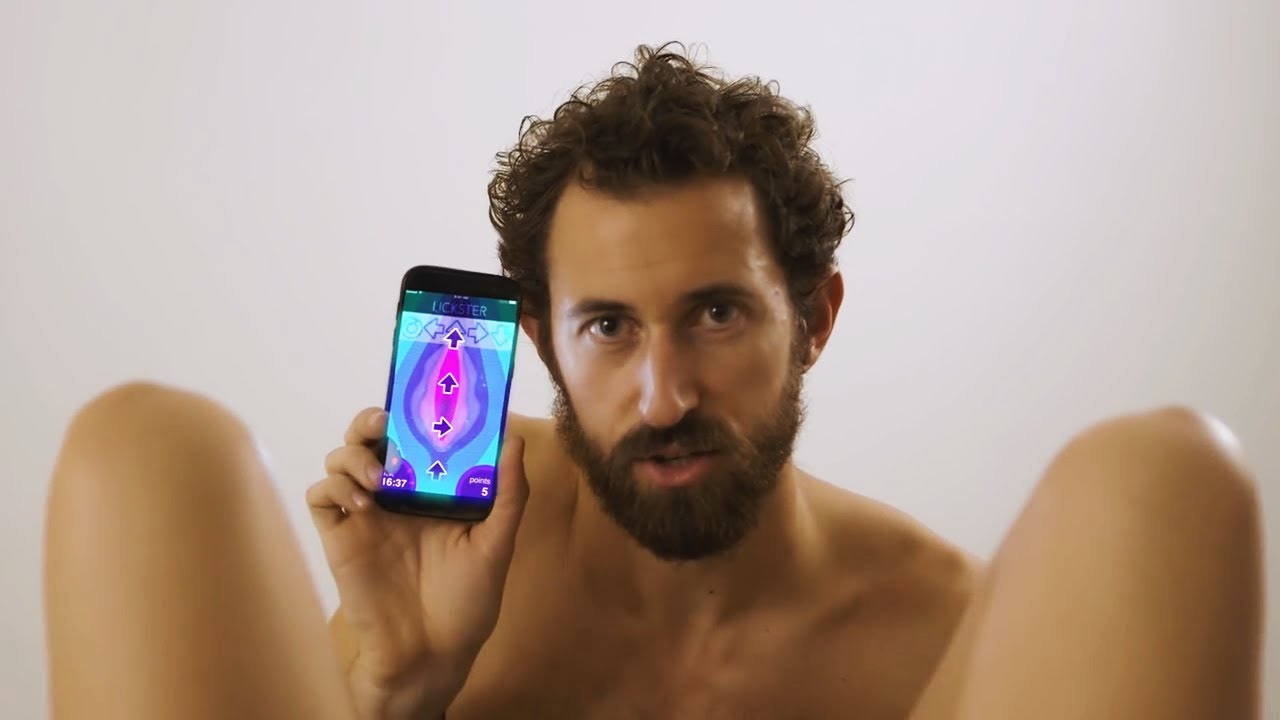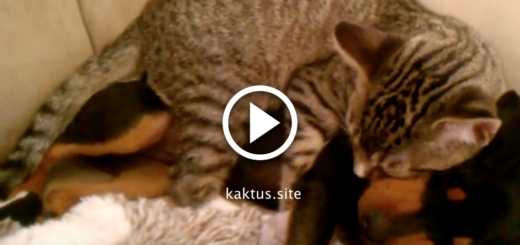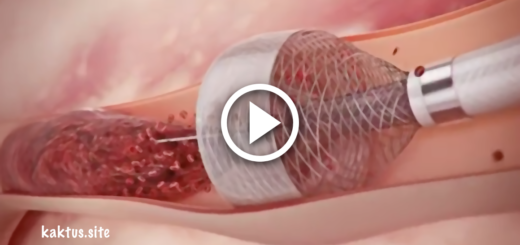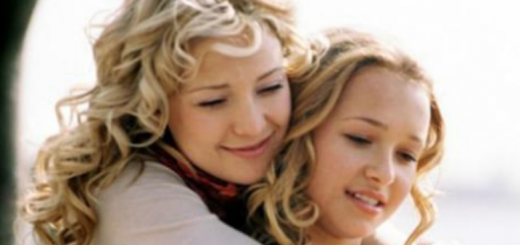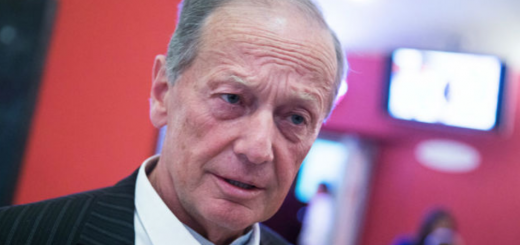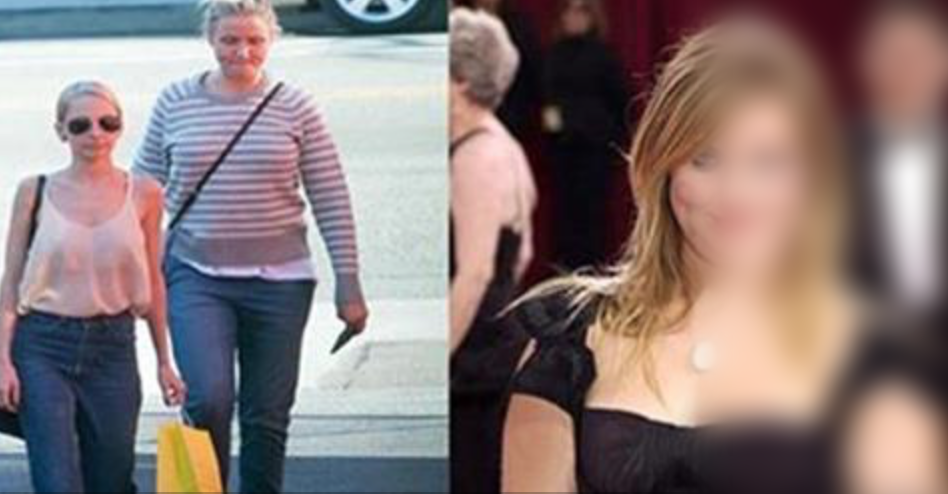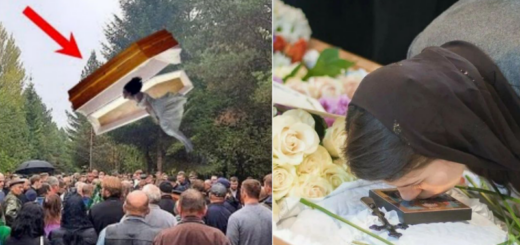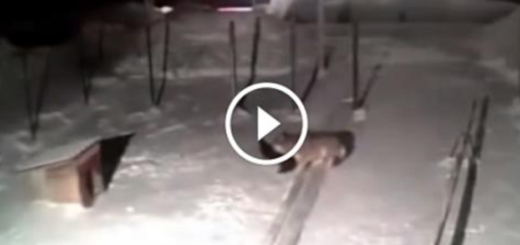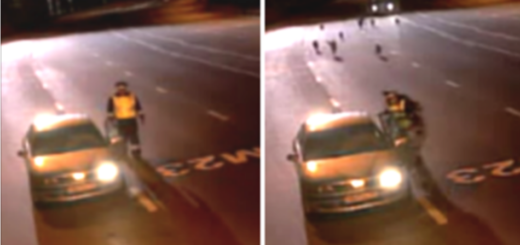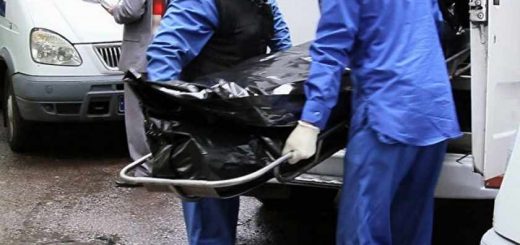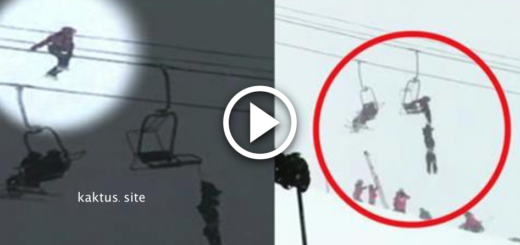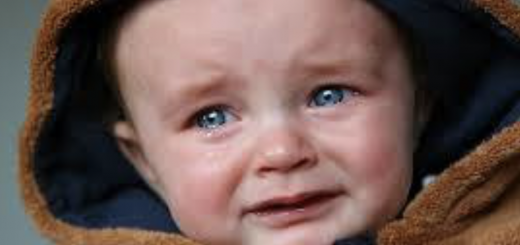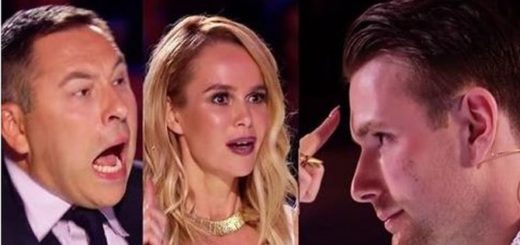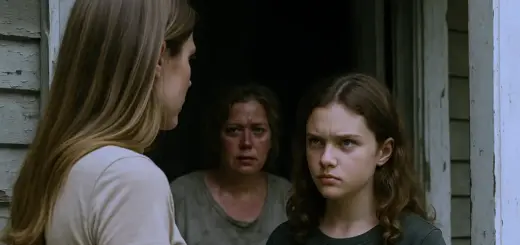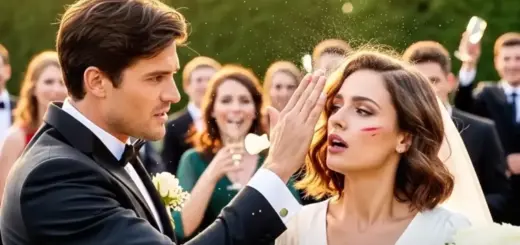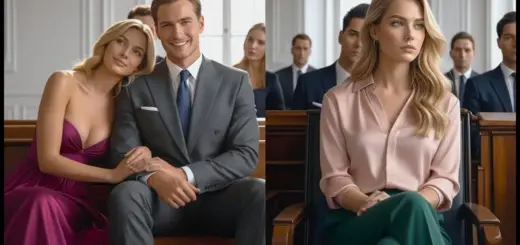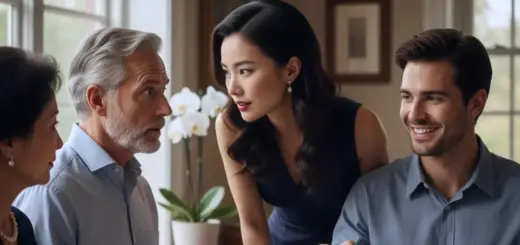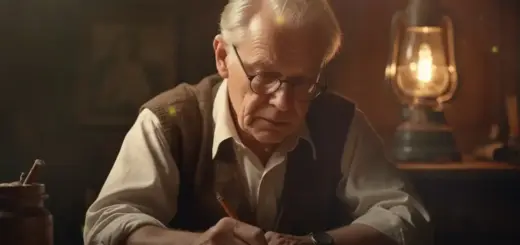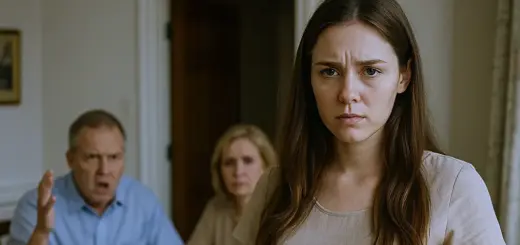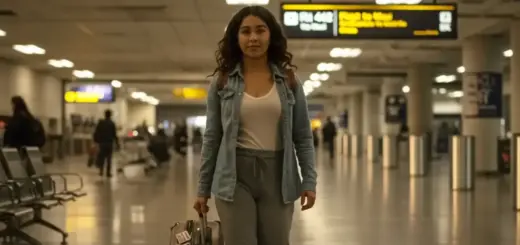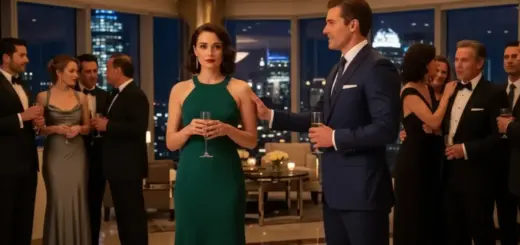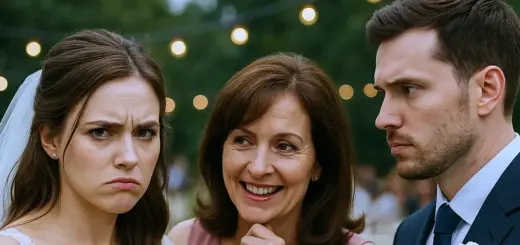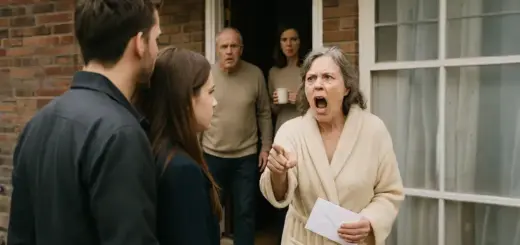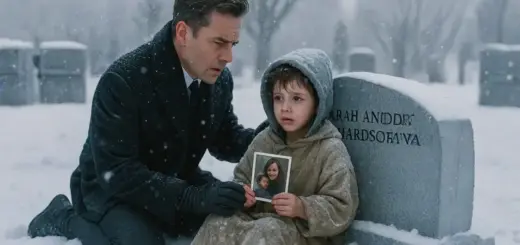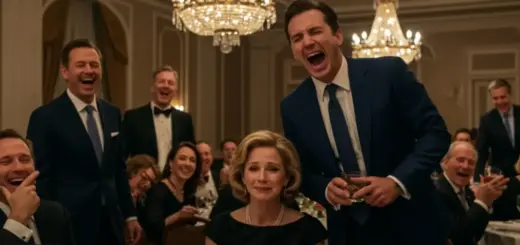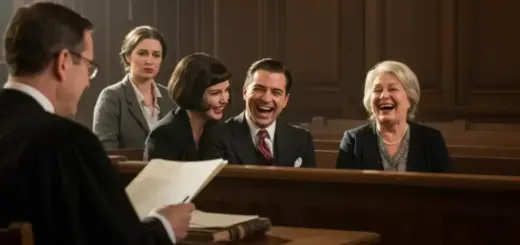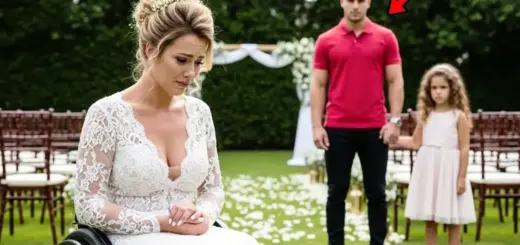Lost. Betrayed. Desperate for someone to believe her.
«I can help,» I told her. «And I will.»
People always ask me if I regret it. Walking away from the money, from the lifestyle, from the man I’d loved.
The answer is complicated. I don’t regret leaving. I don’t regret exposing the truth.
I don’t regret choosing myself and my daughter over a life built on lies and suspicion. But I do grieve.
I grieve for the version of us that could have existed if Julian had trusted me. If Veronica hadn’t been a viper in designer clothes. If love had been enough to overcome fear and doubt and the poison of old family wounds.
I grieve for the girl I was, the one who thought a man could save her from loneliness. Who believed that love was supposed to hurt a little, that it was supposed to require sacrifice and silence and swallowing your truth to make someone else comfortable.
I know better now. Love isn’t supposed to hurt. Real love, the kind worth having, makes you bigger, not smaller.
It gives you room to breathe, to grow, to be wholly yourself. It doesn’t demand that you prove yourself over and over. It doesn’t keep you up at night wondering if you’re good enough, worthy enough, real enough.
Julian’s love was a cage dressed up as a castle. And the moment I walked out of that garden, wedding dress trailing behind me, face throbbing with pain, that was the moment I became free.
Six months after the divorce was finalized, I received a package. No return address. Inside was a letter, handwritten on expensive stationery.
I’m writing this from a place you’ll never visit. The irony isn’t lost on me. I spent years stealing money to maintain a lifestyle I thought I deserved. And now I’m in a cell that costs taxpayers $40,000 a year.
I’m not writing to apologize. We both know I’m not sorry for what I did to Julian’s company. I’m only sorry I got caught. But I am sorry for what I did to you.
You were collateral damage in a war you didn’t even know you were fighting. My war against my father’s favoritism, my brother’s golden-boy status, my own inadequacy.
You walked into our family believing love was enough. And I made it my mission to prove you were just another gold digger. The truth? I was jealous.
You had something I’ve never had. The ability to love without calculation. To give without keeping score. Julian saw that in you, and it terrified him because it was real.
And I couldn’t stand watching him have something I knew I’d never find. So I destroyed it. I destroyed you. I destroyed him.
I don’t expect forgiveness. I don’t deserve it. But I wanted you to know that you were right about everything. Every accusation. Every ugly truth you threw in my face that day.
And I wanted you to know something else: you won. Not because you exposed me. Not because you walked away.
But because you survived. Because you’re raising my niece somewhere, building a life, being happy.
That’s the thing I can’t forgive you for. Not that you ruined us. But that you didn’t let us ruin you.
V.
I read the letter three times. Then I burned it in the sink, watching the expensive paper curl and blacken and turn to ash.
Grace was napping in the next room. Through the window, I could see the ocean, endless and blue and indifferent to human drama.
I thought about writing back. About telling Veronica that she was wrong. That they had ruined me in ways I was still discovering.
That some nights I woke up gasping, dreaming of that moment when Julian’s hand connected with my face. That I flinched when men raised their voices. That I questioned every kindness, looking for the trap beneath it.
But I didn’t write back. Because the truth was more complicated than either victory or defeat. They had broken something in me.
But I had rebuilt myself from the pieces, and the new version was stronger. Harder. Less willing to bend.
Less willing to believe that love required me to shrink. Maybe that was winning. Or maybe it was just survival.
Either way, I was here. I was standing. I was whole enough.
And that would have to be enough.
Grace was three years old when Julian showed up at my door. Not the broken man who’d called me that day.
Not the ghost who showed up for supervised visits with our daughter, barely able to meet my eyes. This was someone different.
Bolder. Greyer around the temples. But there was something in his face.
A stillness that hadn’t been there before.
«I know I shouldn’t be here,» he said. «But I needed to give you this.»
He held out an envelope. Thick. Official-looking.
I didn’t take it. «What is it?»
«Veronica died. Two weeks ago. Lung cancer. It was fast.»
I felt… nothing. No grief. No satisfaction. Just a distant acknowledgement of information received.
«Why are you telling me?»
«Because she left something for you. For Grace.» He pushed the envelope toward me. «Please. Just take it.»
I took it. Inside was a legal document. A trust fund.
Two million dollars placed in Grace’s name. Inaccessible until she turned 25.
For the girl I’ll never meet, the attached note read. So she’ll never have to marry for security.
So she’ll never have to wonder if she’s worthy of love without strings. So she can be what I never was. Free.
Your aunt, who loved you in the only way she knew how. From a distance, with money, making sure you’d never need to become me.
I stared at the document for a long time. Julian stood on my doorstep, waiting.
«She spent the last year of her life setting this up,» he said quietly. «She wanted to make sure it couldn’t be contested. That it would be airtight.»
«She said…» He swallowed hard. «She said it was the only good thing she’d ever done.»
«It doesn’t change anything.»
«I know.»
«It doesn’t make her a good person.»
«I know that, too. But Grace will have options. Security. A foundation.»
I looked up at him. «Thank you for bringing this.»
He nodded. He started to turn away, then stopped.
«I’m in therapy. Real therapy, not the court-mandated kind.»
«I’m working on…» He gestured helplessly. «Everything. The anger. The trust issues.»
«The damage my family did to me, and I did to you. I’m not asking for anything. I just wanted you to know.»
«Good.»
«And I wanted you to know that you were the best thing that ever happened to me. Even though I destroyed it. Even though I didn’t deserve it.»
His eyes were wet. «You and Grace. You’re the only real things I ever had.»
«Julian…»
«I’m not trying to win you back. I know that’s impossible. I just needed to say it. Once. Out loud.»
He stepped back. «Take care of yourself. Both of you.»
He walked away. Down the path. To his car. And drove away.
I stood there, holding $2 million in a trust fund created by a dead woman who’d hated me and loved me and destroyed me and, in the end, tried to save my daughter from her own legacy.
Grace called from inside. «Mama! Mama, come see!»
I closed the door. Locked it. Put the envelope in my desk drawer.
And I went to see what my daughter had built with her blocks. Something precarious and colorful and held together with the absolute certainty that only a 3-year-old possesses.
«Look,» she said proudly. «It’s a castle.»
«It’s beautiful, baby. And nothing can knock it down.»
«Because I made it strong.»
I kissed the top of her head. «That’s right. You made it strong. And that’s all that matters.»
Years pass. Grace grows. She’s 7 now, then 10, then 13.
She asks questions about her father. About the wedding day she’s heard whispered about but never fully understood.
I tell her the truth. Age-appropriate versions at first. Then more detail as she gets older.
I show her the video. Yes, it’s still out there, immortal in the way internet infamy always is. I let her see the moment her father struck me.
The moment I stood tall. The moment I walked away.
«Were you scared?» she asks.
«Terrified.»
«But you did it anyway.»
«Yes.»
«Why?»
I think about this. About how to distill years of pain and growth and hard-won wisdom into something a 13-year-old can understand.
«Because staying would have taught you the wrong lesson. It would have taught you that love means accepting cruelty. That marriage means silence.»
«That being hit is something you forgive and forget and pretend didn’t happen.» I take her hand. «I wanted you to grow up knowing that you’re worth more than that.»
«That we’re both worth more.»
She’s quiet for a long time. Then, «Did you love him?»
«Yes. Very much.»
«Do you still?»
«No. I love who I thought he was. But that person never really existed.»
«The real Julian was too damaged, too afraid, too poisoned by his family to be the partner I needed.» I squeeze her hand. «But I got you. And you’re real.»
«You’re the best thing that came from all of it.»
She leans her head on my shoulder. «I’m glad you walked away.»
«Me too, baby. Me too.»
Julian remarried eventually. A quiet woman, a therapist, actually, someone who understood his damage and chose to love him anyway.

